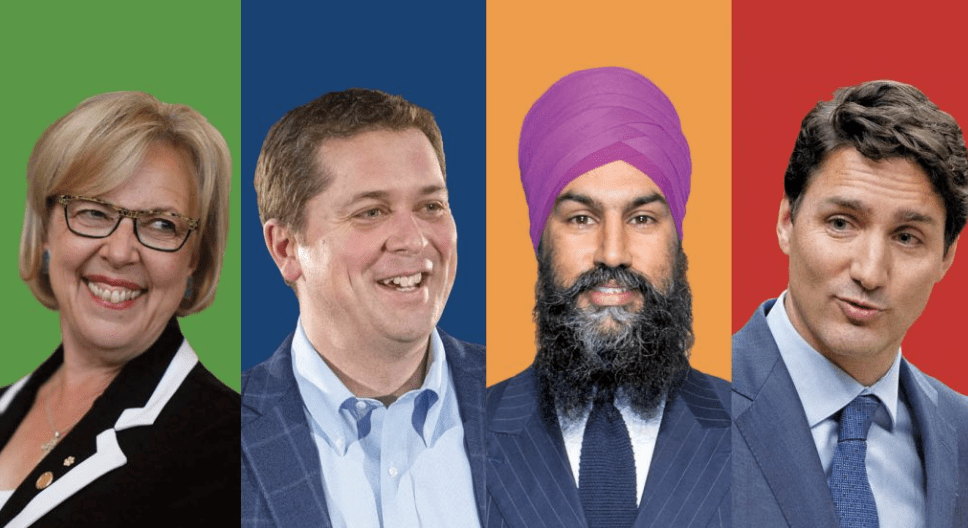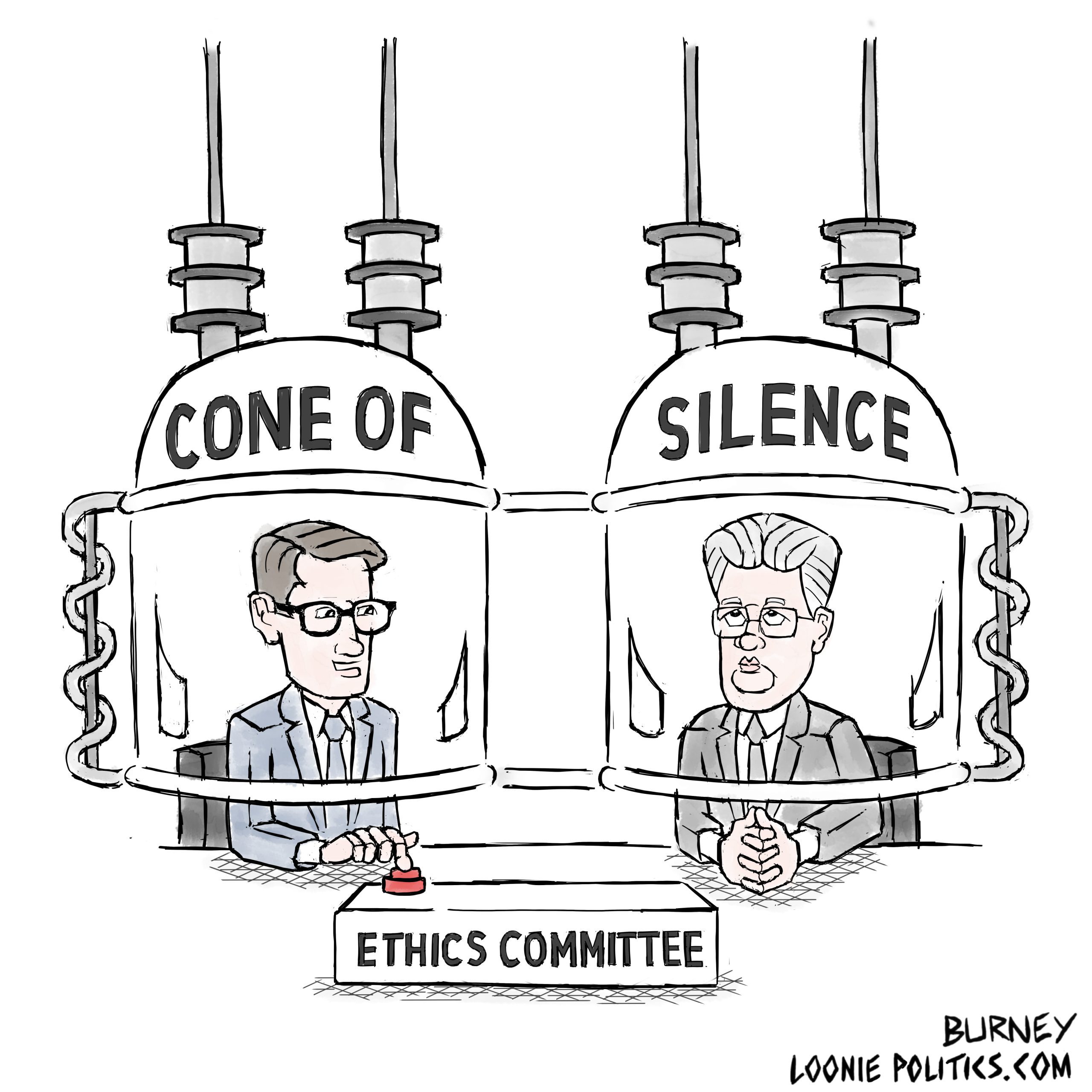The federal election is slated to be held in just under two months. And the political punditry class is in a tizzy.
Already, electoral predictions are being made, while polls are meticulously analyzed to help reinforce the soundness of these predictions.
The problem with this thinking, of course, is that polls are not predictive in nature. They merely provide a snap shot in time of the views of a population sample.
It's best not to base too many long term predictions upon them. For that matter, it's best not to be too self-assured making any electoral predictions whatsoever.
After all, what is so often forgotten, is that events beyond our control and foresight will no doubt arise when we least expect.
The famous quotation by then British Prime Minister Harold Macmillan remains just as relevant today. When asked what politicians fear most, his response was "Events dear boy, events."
At this same time four years ago, the polls showed the NDP running with a slight lead, with the Liberals stuck behind the Conservatives in third place.
That all changed quickly however, once the Liberals found themselves campaigning against a cautious and tepid NDP, who were fearful of taking bold action and putting at risk their early lead.
Furthermore, the tragic death of Alan Kurdi altered the focus of the campaign into one in which the Syrian refugee crisis played center stage. The urgency in which the Liberal's pledged to resettle 25,000 vulnerable Syrians resonated amongst the Canadian public, and helped ensure Justin Trudeau won his majority government.
Similar unforeseeable events have done the same over the years.
Take for instance the case of Margaret Thatcher, who historians commemorate this year for her 40th anniversary as Prime Minister of the United Kingdom.
In her first term, Thatcher was forced to contend with sky high unemployment and a host of other economic troubles. Her prospects as Prime Minister appeared further strained with a split cabinet and a surging opposition. Not surprisingly, her polling numbers were abysmal.
Fortunately for the Baroness of Kesteven, tensions between Britain and Argentina were running high. And the outbreak of the Falklands War on April 2, 1982 provided Thatcher the second chance she so desperately needed.
As war time leader, Thatcher proved at her very best (politically speaking). By effectively utilizing national sentiment, both prior and after the subsequent military victory, Thatcher revitalized British spirit. Sure enough, she went on to win the next two general elections. Her predecessor, James Callaghan, would reflect wistfully, "If only I had a war."
During the same time, Pierre Trudeau would deal with a similar unexpected twist of fate. By 1979, Trudeau Sr. was headed for the dustbins of history after his electoral defeat at the hands of the now defunct Progressive Conservative Party.
Lucky for him, the minority government of Joe Clark bungled its first budget, triggering an election. After taking one of his famous 'walks in the snow' Pierre returned from early retirement and made another go of his political aspirations. After winning the 1980 election, he was able to cement his legacy in a final term by defeating Rene Levesque in that year's referendum before repatriating the Constitution.
Unfortunately for Clark, the election loss, after mere months in government, was unforgiveable to many of his fellow party members. He would eventually be ousted as leader by Brian Mulroney.
As historian Richard Gwyn wrote, "Trudeau was 'lucky Pierre.' And Clark was too polite to treat fortune like a woman."
Other examples?
In 1930, Liberal Prime Minister Mackenzie King's defeat at the polls coincided with the beginning of the Great Depression. Victory for Richard Bedford (RB) Bennett and the Conservatives proved pyrrhic, as their government became directly associated in the minds of Canadians with unemployment and financial hardship.
For instance, during the Great Depression, struggling farmers who were unable to afford gasoline succumbed to having their automobiles pulled instead by tethered horses. Unfortunately for RB, the term for this unique mode of transportation became bitterly known as "Bennett Buggies."
King was saved this cruel twist of fate and returned as Prime Minister in 1935. He would remain so until 1948, after successfully leading the country during the Second World War and instituting the foundational policies of our welfare state.
To borrow the words of JRR Tolkien, this truly was the "Return of the King."
While King remains ignored today by partisan Liberals, his luck and keen political savvy ensured his place in Canadian history books. He remains this country's longest serving Prime Minister, with over 21 years in office.
What does this tell us then, of our pundit's electoral predictions? Frankly, that they don't mean much at all.
The emergence of unexpected events, as well as sheer luck, will prove far more influential than we like to acknowledge. It's long since time we gave our self-assured predictions a rest.
Photo Credit: Maclean's











